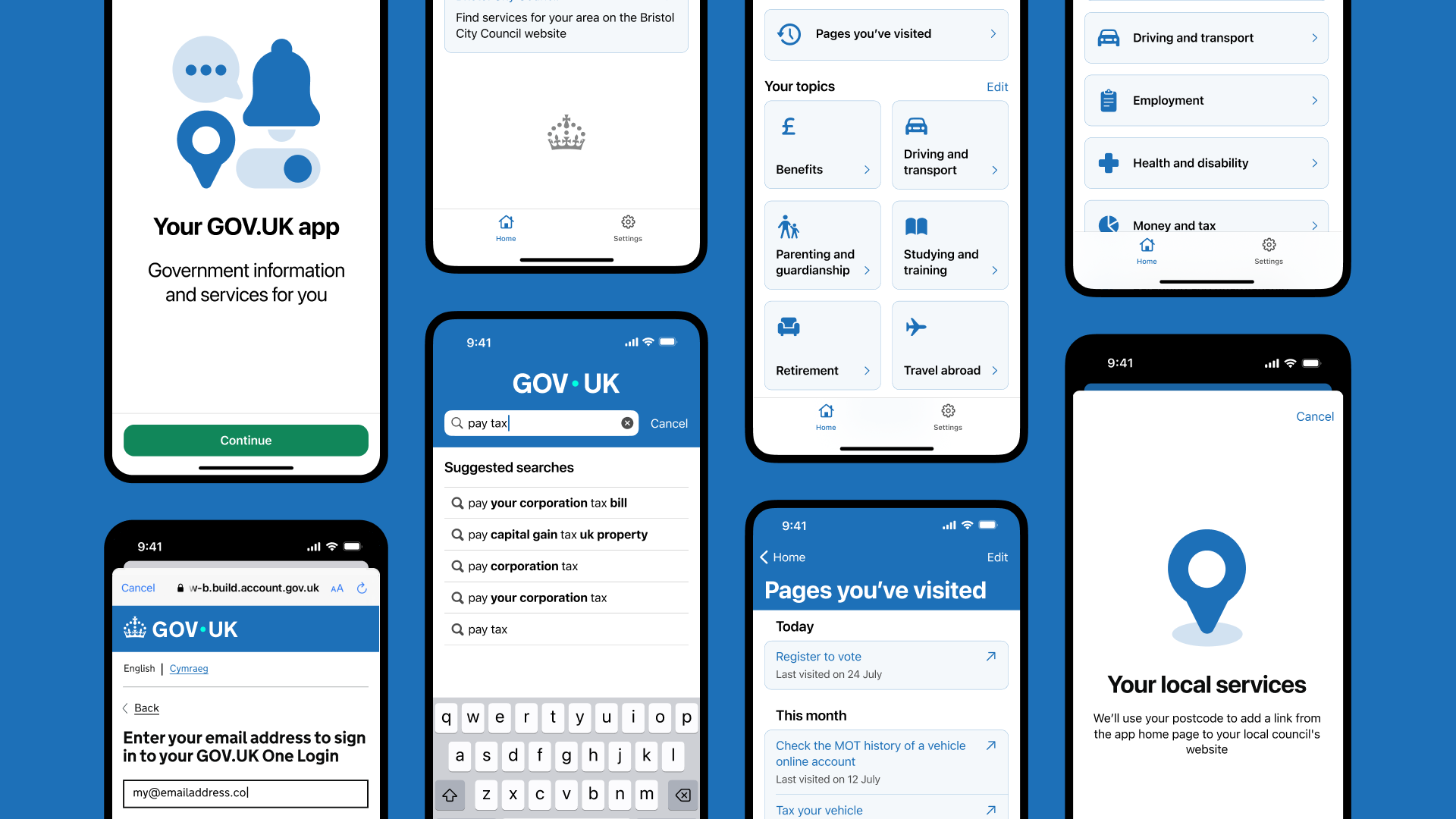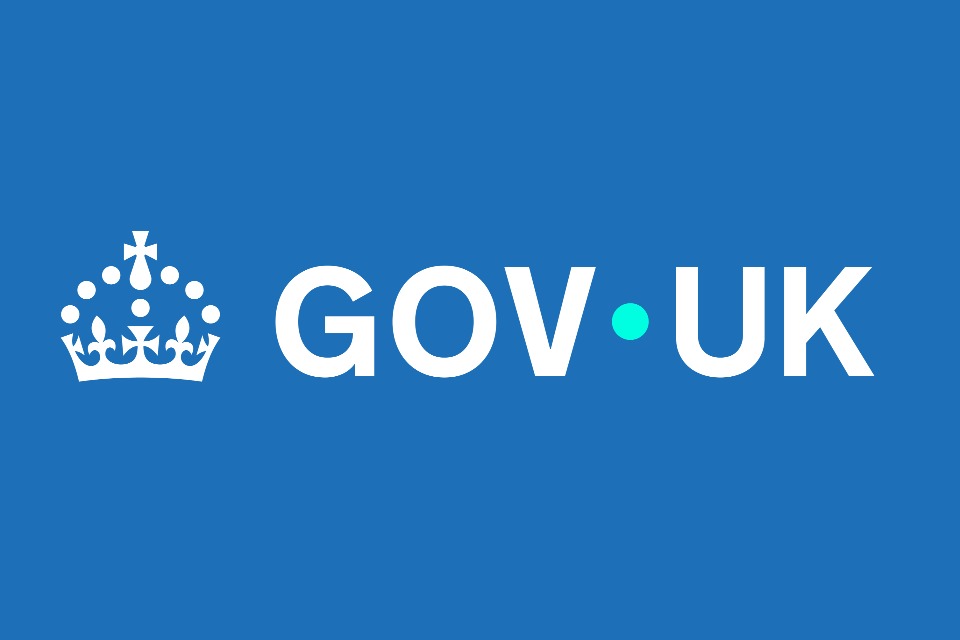Government identifies additional cohort of at-risk people
Credit: Owen Humphreys/PA Wire/PA Images
An additional 800,000 people will be prioritised for the coronavirus vaccination based on new technology that the government claims has provided a “predictive risk model”.
Under commission from England’s chief medical officer Chris Whitty, the QCovid analytics model was developed by the University of Oxford and aims to identify risk factors for those most likely to suffer serious illness or death. The system has been “independently validated by the Office for National Statistics and is thought to be the only Covid-19 risk prediction model in the world to meet the highest standards of evidence and assurance”, according to the government.
“The technology analyses a combination of risk factors based on medical records, to assess whether somebody may be more vulnerable than was previously understood, helping clinicians provide vaccination more quickly to them and ensuring patients can benefit from additional advice and support,” it added.
The QCovid model can be used to assess risk based on various factors, and how they combine. This includes age, ethnicity, body mass index, and existing medical conditions and treatments.
Related content
- Government urged to bring in emergency legislation to combat vaccine disinformation
- New vaccines body extends IBM consultancy deal to enable ‘handover of services’
- UK calls out Russia for ‘despicable’ cyberattacks on vaccine efforts
Using the predictive system, NHS Digital assessed the population of England and identified 1.7 million people that are at greater risk from coronavirus than was previously known.
Just under half – 820,000 – of these are aged between 19 and 69 and have yet to be invited for their vaccination. They will now be prioritised for immunisation and, where deemed necessary, will be advised to shield themselves in the meantime.
Letters are now being sent out to inform these people of the results of the research and advise on next steps, and GP surgeries have also been notified.
Deputy chief medical officer for England Dr Jenny Harries said: “For the first time, we are able to go even further in protecting the most vulnerable in our communities. This new model is a tribute to our health and technology researchers. The model’s data-driven approach to medical risk assessment will help the NHS identify further individuals who may be at high risk from COVID-19 due to a combination of personal and health factors. This action ensures those most vulnerable to COVID-19 can benefit from both the protection that vaccines provide, and from enhanced advice, including shielding and support, if they choose it.”



